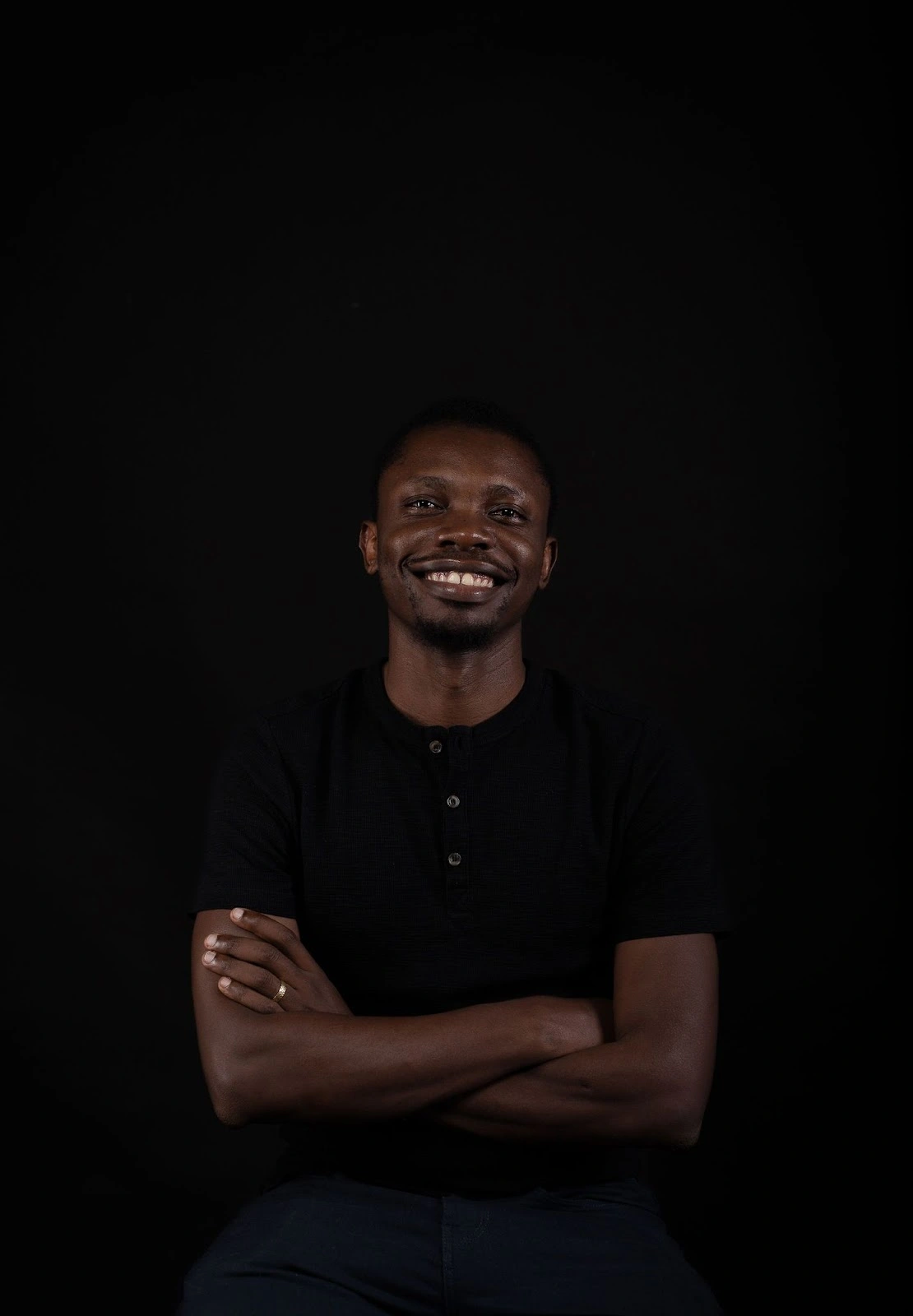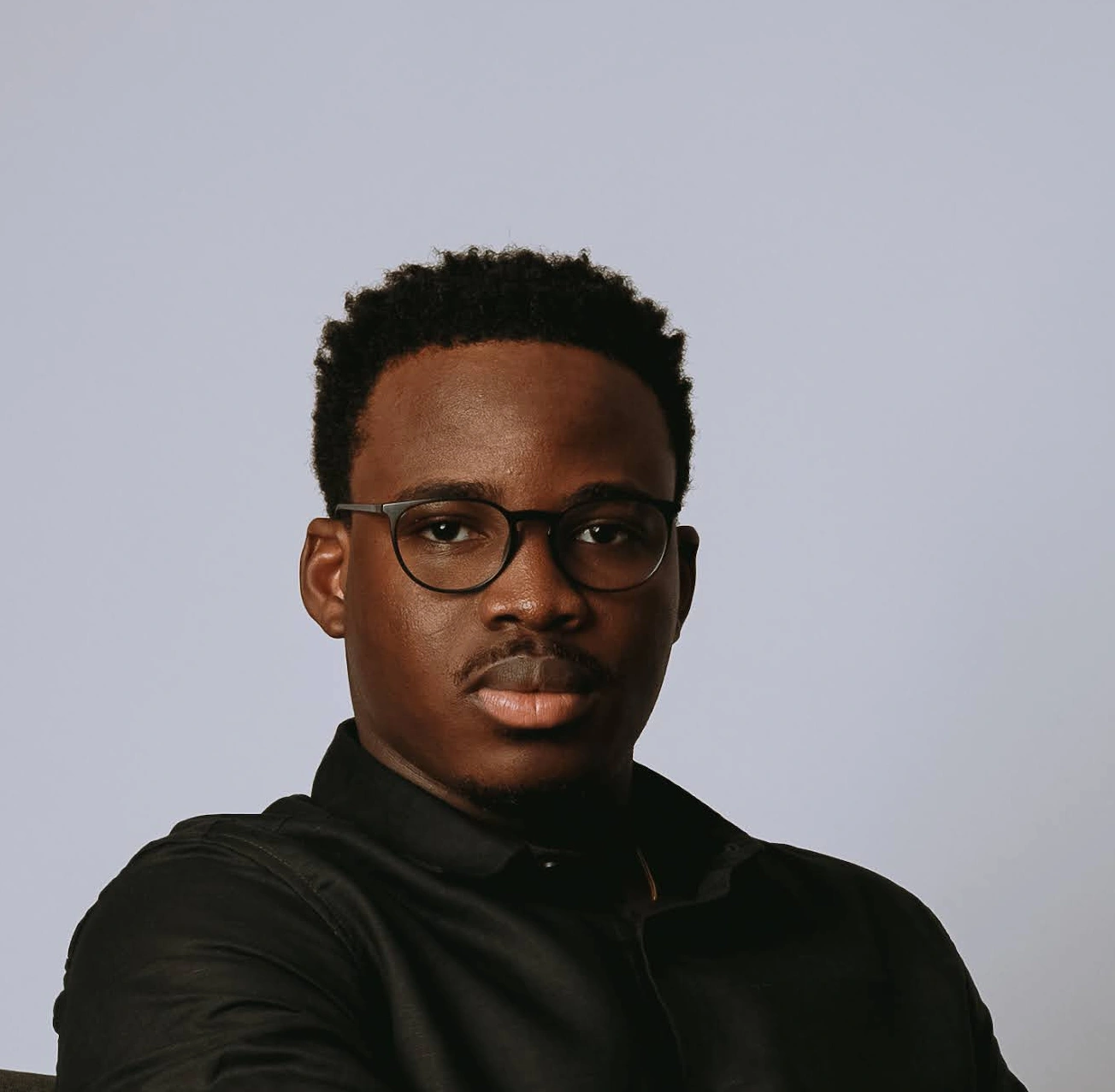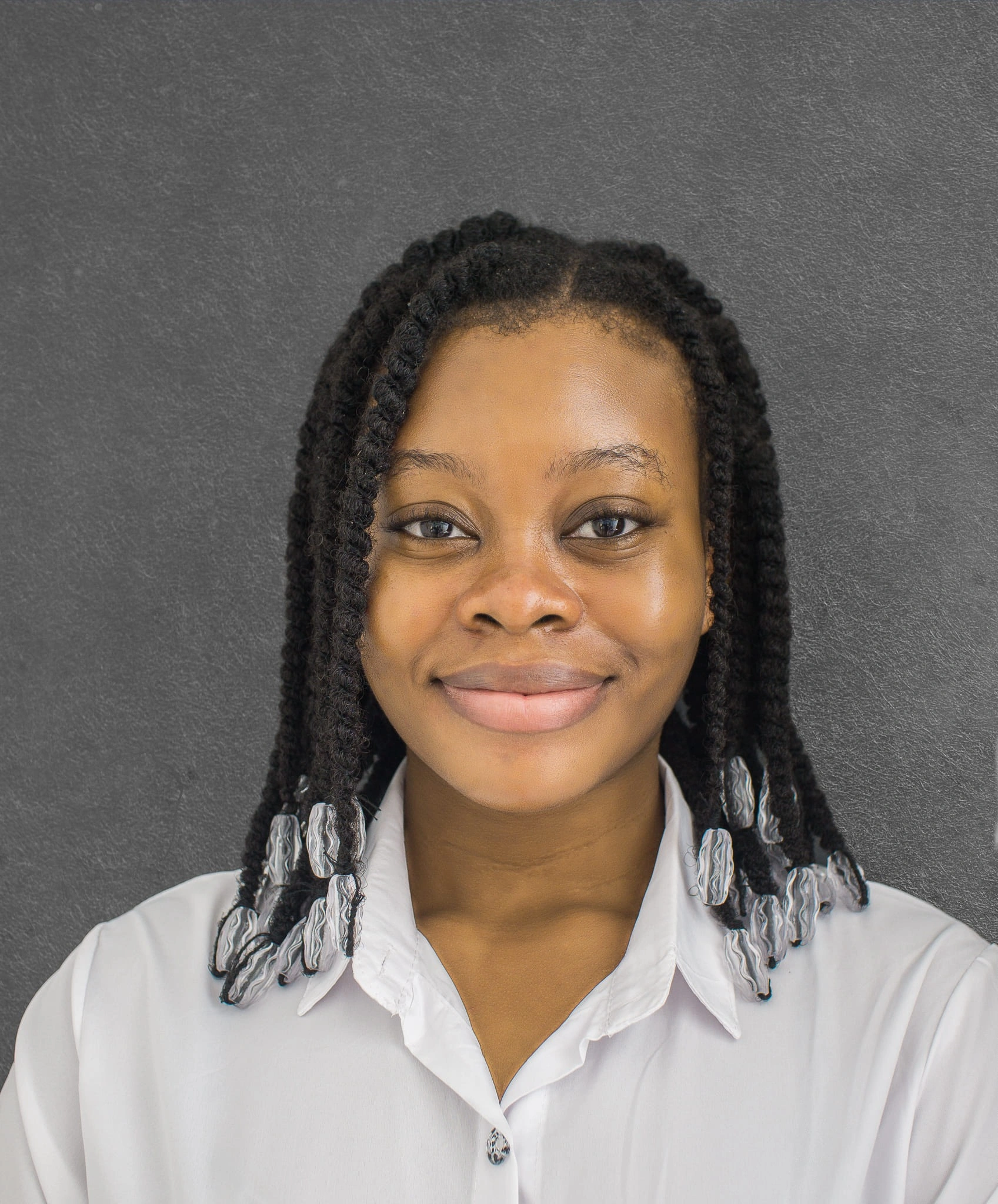What happens when a QA Engineer and an Internal comms manager meet in a surprise interview? Well, you’re about to find out. It's not every time someone leaves a company and returns after a year, so when I saw Paschal being introduced as a new hire, I knew I had to get the tea. So, I got him on a call to spill without telling him why. Let’s see how much of his story we’ll get.
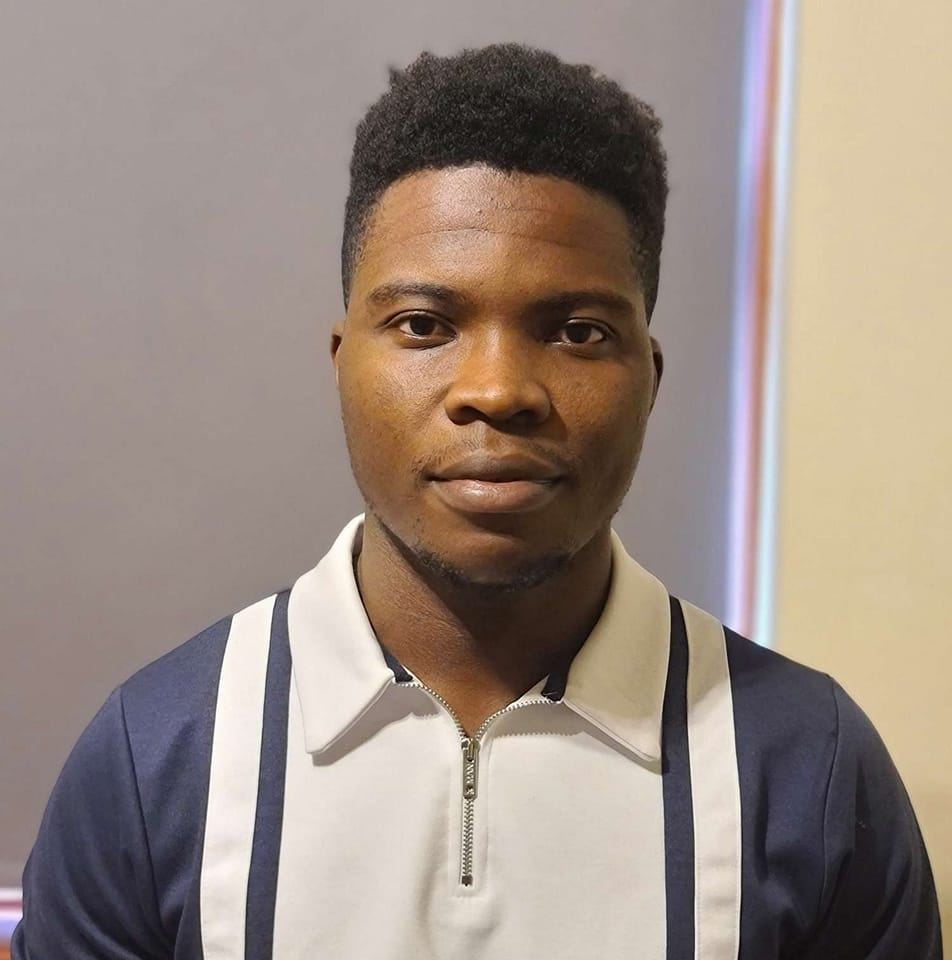
Celz: Hi, Paschal. Thanks for your time. How’s the weather today?
Paschal: The weather in Glasgow has been brilliant. We've been getting alot of sunshine. The temperature has been between 15 and 27 degrees Celsius. How’s it over there?
Celz: The weather is quite fair. I usually only take note of the weather when I wash because I have nowhere to go, lol.
Paschal: I know, right? So, to what do I owe this conversation? Is this an episode of RIPPLES?
Celz: Lol, I know RIPPLES is like my badge now, but that’s not why we’re here. I just thought of having a conversation with you. So let’s start with what you do.
Paschal: Okay, what I do here - I am a QA engineer with Monnify (our payment gateway). My role entails ensuring the quality of the products we’re shipping out before they reach the end user. Sometimes, I do QA for Monnify business loans, but I mostly work with the Monnify core team.
Paschal: My work involves ensuring the products are bug-free before releasing them to the customers. I also have to check that it meets the customer’s needs. For example, if the product were a toothbrush, I'll be checking to ensure the toothbrush is not faulty, but beyond that, I have to make sure the toothbrush serves the customer's functional needs. If it’s for a kid, it should be smaller and fancier. An adult doesn’t need fancy, they need a tongue cleaner to be added to the back of the toothbrush. The bristles also have to be good enough. I know this analogy is slightly different because we are selling digital products, but I hope that analogy clarifies it.
Celz: Yes, it’s clearer. Now I’ll want you to explain how a quality check as a QA engineer differs from what a Product Manager does, but I can no longer hide why I thought to have a conversation with you. You were previously listed on our alumni list, but your profile on Workplace says you joined us recently. Why’s that?
Paschal: The information you have are correct. I was with the team before, but I left in 2021.
Celz: I see. Were you trying to test other software, or why did you leave?
Paschal: Wow, nice one. I relocated to Scotland for my Master’s in Big Data Technologies, and I did not want to mix school with work, so I left.
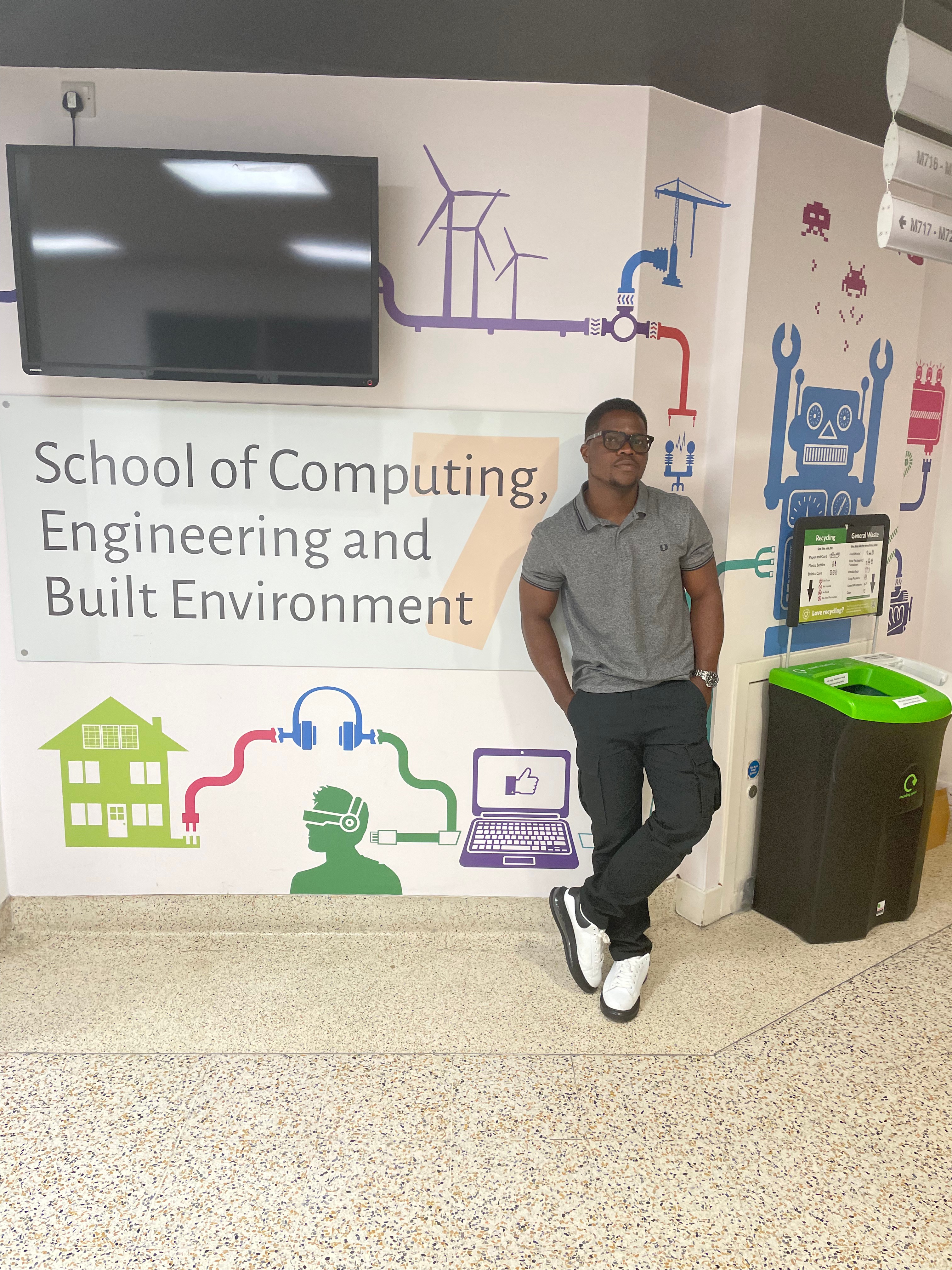
Celz: Wow, congratulations. That’s a big one. I’m guessing you’re back because you’re done, so safe to ask how the experience was, yeah?
Paschal: It was good but gruelling. It wasn’t as easy as expected, there were many difficult times, but I’ll say the experience was worth it.
Celz: Interesting. I like to believe that nothing good comes so easily. But in those trying times, what would you say kept you going?
Paschal: I don’t want to sound patronising, but I’d say that my experience at Moniepoint equipped me to a large extent. If I had an assignment and it wasn’t looking like I could work on the task, I’d just remember times we had daunting tasks at Moniepoint and how we always approached things from a ‘Can do’ perspective, so I’d keep trying and pushing. GRIT is the word. I know it sounds simple, but it is the reality. No matter how hard it gets, just get the job done. If you work with Moniepoint, that’s your subconscious. It isn’t dependent on how hard the task is, you just have to do the work. I also think that working at Moniepoint improved my analytical mind, which I have applied in many areas of my life, and my studies aren’t left out.
Celz: Talking about your work gives you an analytic mind. Earlier, you mentioned that you are a Quality Assurance Engineer. If you were talking to someone who knows nothing about your work. How would you explain it?
Paschal: My work involves ensuring the products are bug-free before releasing them to the customers. I also have to check that it meets the customer’s needs. For example, if the product were a toothbrush, I'll be checking to ensure the toothbrush is not faulty, but beyond that, I have to make sure the toothbrush serves the customer's functional needs. If it’s for a kid, it should be smaller and fancier. An adult doesn’t need fancy, they need a tongue cleaner to be added to the back of the toothbrush. The bristles also have to be good enough. I know this analogy is slightly different because we are selling digital products, but I hope that analogy clarifies it.
Celz: Definitely. I’m curious, though. How is this different from what a product manager does?
Paschal: I see why you have that question. When it comes to assuring quality, the Product Manager assesses the product on a higher level, while a QA engineer does a deeper assessment. The Product Manager relies on input from the Quality assurance engineer in assessing the product. It is also the work of the quality assurance engineer to take full charge of quality across the software development lifecycle. So it is not just about testing what has been built but also ensuring the processes followed are such that other things that were working before won’t break.
Celz: That’s quite explanatory. So what does your day-to-day task look like?
Paschal: First, I work with the Technical Product Manager to define the requirement. Then I work with the Enterprise Architect to get insights on the implementation details. I rely on input from the software developer to navigate through sanity tests on whatever features they built. Using these inputs, I identify test scenarios to discover bugs that may affect users on production. While testing, if I find a bug, I log the bug on our bug management software - xxx. From there, I manage the bug life cycle until it is fixed.
Celz: That’s great. Sounds like you love your job. But you studied Big Data Technologies for your master's. You’ve not mentioned your first degree, but why Quality Assurance?
Paschal: Okay... My first degree was in computer science. During my internship, I started to learn programming. I did Java with Parox. When school resumed, I did some projects in Java language. But at some point, I realised that I wasn’t enjoying it as much as I thought I would. That’s when I started exploring roles in engineering. In 2014, I started testing. I noticed that the more I tested, the more interested I was in testing. I found it an interesting niche and decided to grow in that area. So yeah, I've been doing this since 2014. Sometimes, it’s boring, but when I get to work on different products, it makes me come alive, and I just want to keep going.
Celz: Interesting. You started testing in 2014 and joined us in 2017. So Moniepoint isn’t the only place you’ve worked. So why Moniepoint again? After your second degree?
Paschal: Thank you for asking. This is a question I asked myself over and again. Because Moniepoint is the sixth place I had worked throughout my 9 years career, it looked like that was the only place I was willing to return to. Working here is different - is it autonomy? Or the people I work with. Mehn, I work with the most highly motivated people that want the job done. There’s an obvious high drive and commitment in the right direction. So when I was leaving, it wasn’t part of my plans to return. But I just completed my Master’s, and Moniepoint is the only place I could think of returning to.
Celz: I see. A lot has changed in one year. Are you still confident in the decision to return here?
Paschal: If I didn’t return now, maybe later I would have because the growth is massive. Everything and everyone is growing. The staff strength compared to when I left is almost 1000 more. And that’s even better for me because it means we have more hands, and I can give more time to the product. That’s my key responsibility. The workload is a lot more balanced, and roles are clearer. And the culture? I thought it was good before, but it’s better now. It is also more defined, and the teams in charge of driving culture and ensuring staff welfare seem to be more intentional.
Celz: While I’m blushing on behalf of the People’s Operations and Employee Experience team, mind shedding more light?
Paschal: Hmm. So, I like to use our core values to describe the culture in order of how I have seen it play out here -TECHNICAL DEPTH, GRIT, CANDOUR, and EMPATHY. Now the aforementioned is about the kind of colleagues I have. But beyond departments, the attention to the employee experience is outstanding. The effort to get feedback on our general and departmental experience, the recent monthly performance bonus structure. So many things I can’t start listing. But I know there’s been a huge improvement. I wake up every day wanting to work, not just because I love QA engineering but also because I know the management here sees and appreciates me.
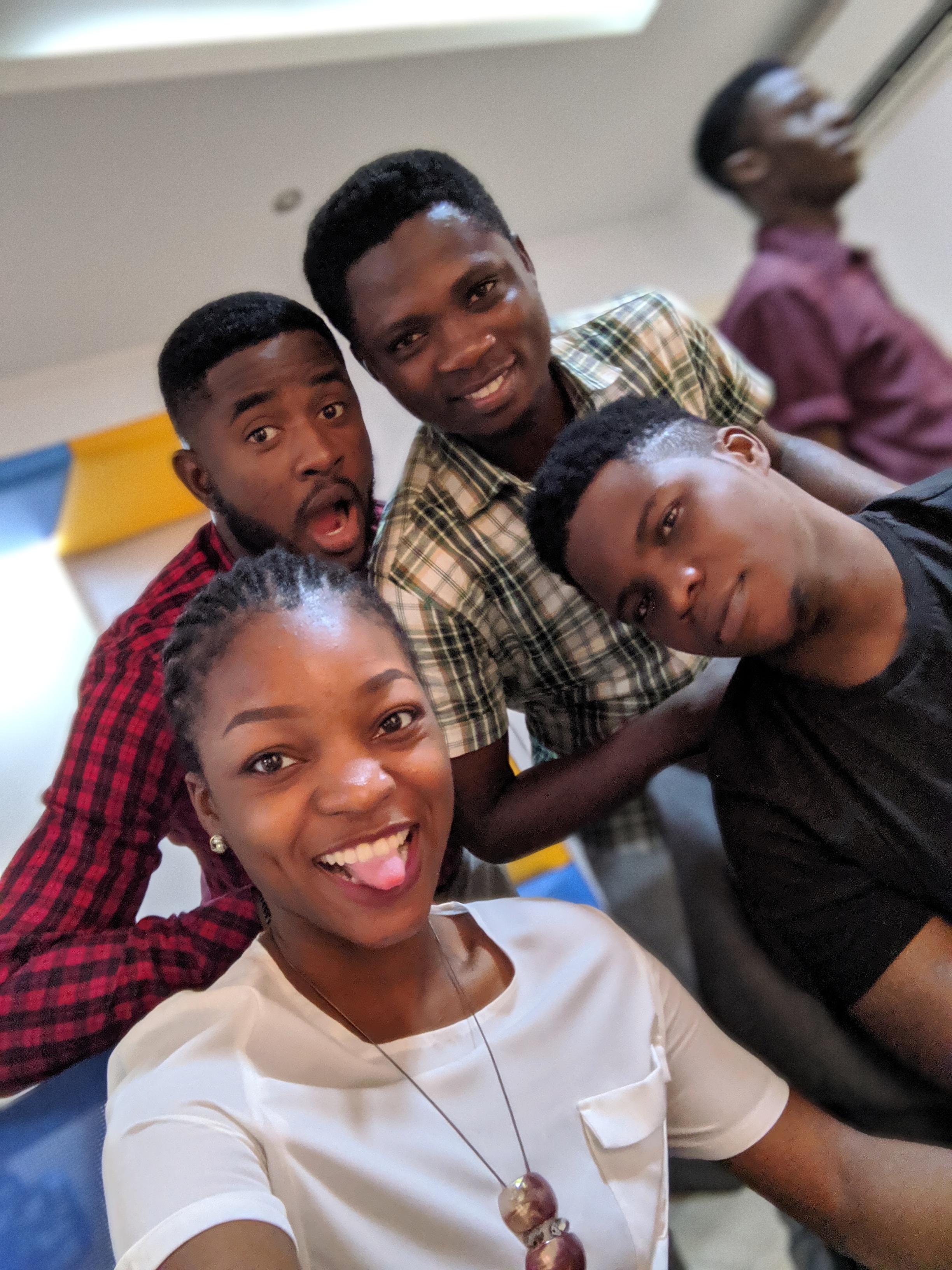
Celz: I could turn on my video now. I’m probably red from blushing. I’ll share this feedback with the affected team. That's good feedback. So what would you say is the main thing you love about working here?
Paschal: First, it’s the impact we have on lives. I have friends in Nigeria who share their Moniepoint (using the POS and our payment gateway) experiences with me, and I am so proud to be in this team. Then, of course, the people. I probably mentioned this earlier - I love the people I work with. The synergy here is seamless. If I were describing these with our 4Ms, that’s be Meaning and membership.
Celz: That’s interesting. We’ve come to the end of the conversation. Thanks a lot, Paschal, for your time.
Paschal: You’re welcome. Thanks for having me. Looking forward to being on an episode of Ripples.
Celz: Lol. Sure. Have a great day.
